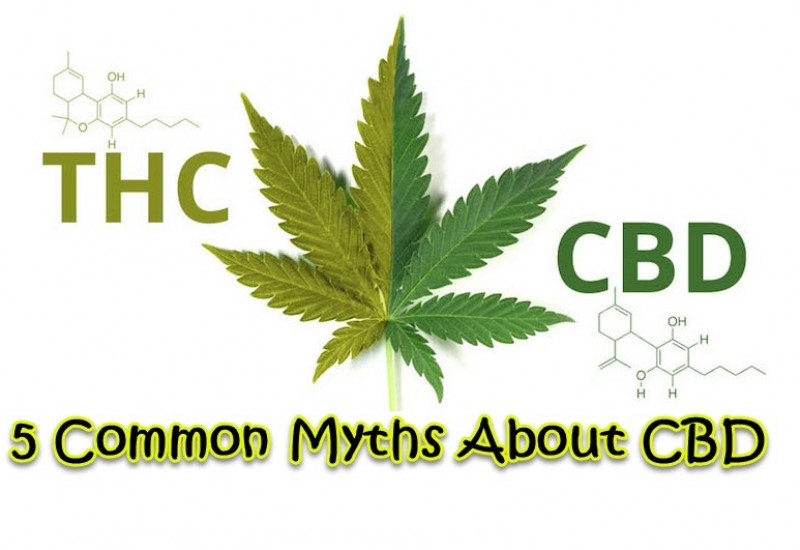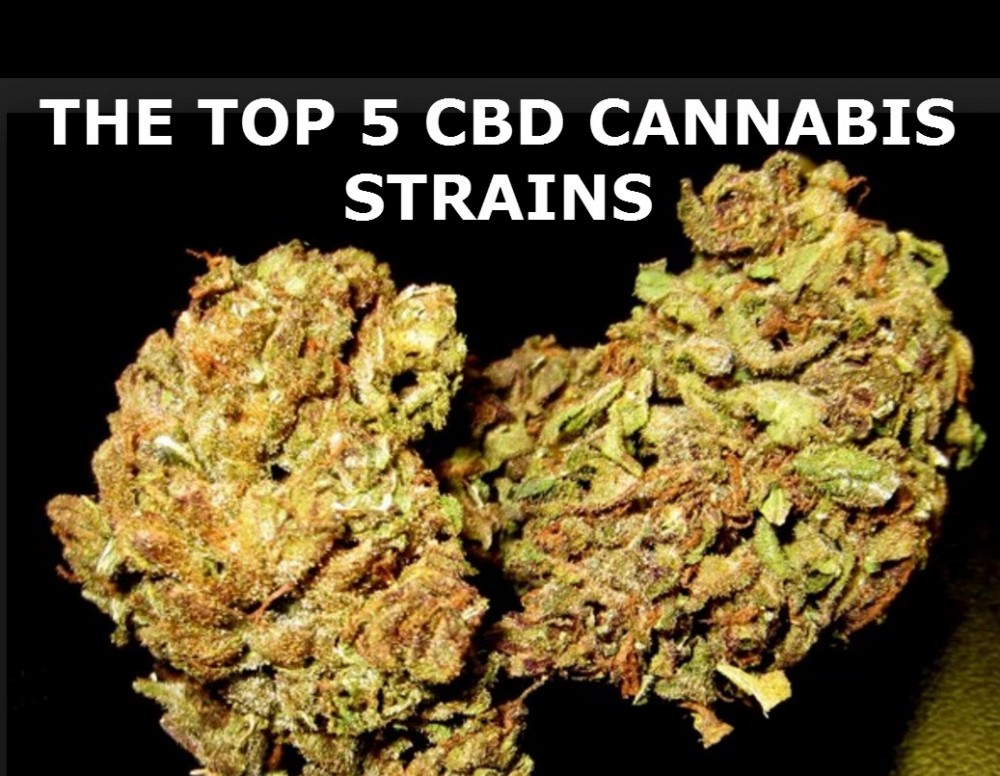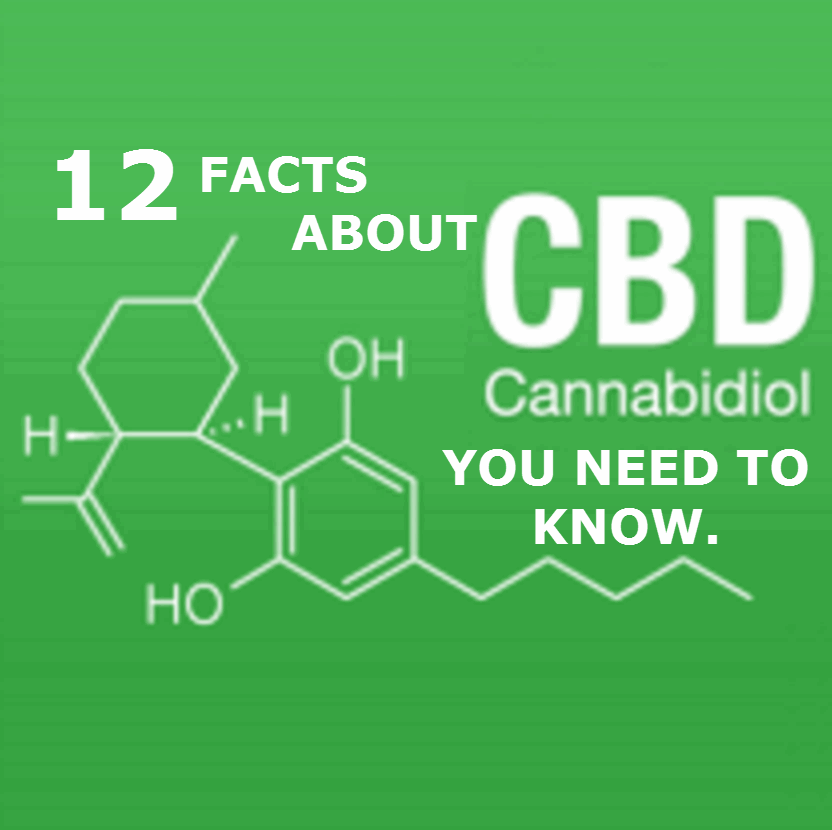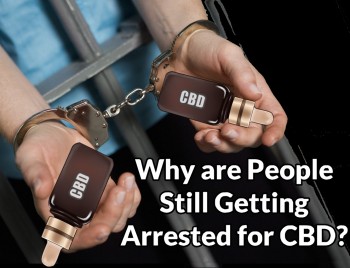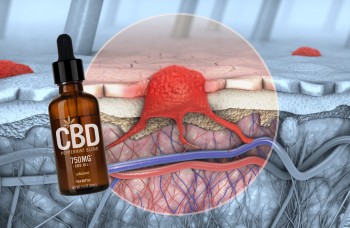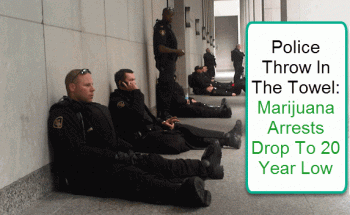5 Common Myths About CBD
5 Common Myths About CBD That Just Aren't True from CannabisNet on Vimeo.
Thanks to medical cannabis use, CBD has been getting the attention it deserves. For decades, cultivators have been breeding cannabis to get more THC, the compound responsible for its psychoactive effects. The higher the better, they used to say.
Today that is no longer necessarily true. While THC has many of its own significant medicinal benefits, CBD may be the cannabinoid that holds the key to legalization. We’ve now seen a surge of strains that are bred for its CBD content alone, such as the famous Charlotte’s Web which is particularly effective at treating epilepsy and seizures. CBD oil is also becoming more popular, as well as many other CBD products.
Awareness about the benefits of CBD is important, since there are still anti-cannabis advocates who continue to spread lies about this important cannabinoid.
These are the most common myths about CBD that need to be dispelled:
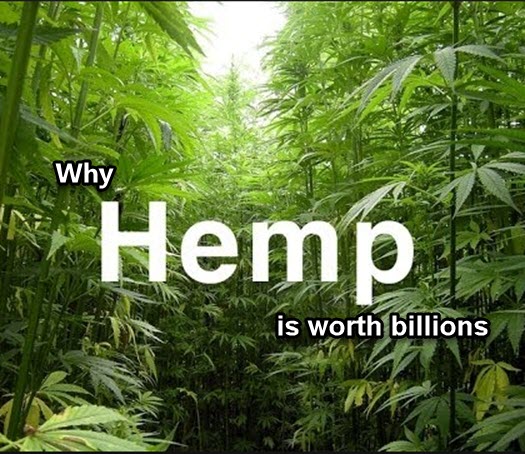
All CBD is created equal.
According to some naysayers, CBD is the same no matter where it comes from. Whether you are consuming cannabis by smoking it, or taking CBD oil derived from hemp, the body can’t tell where it comes from. The truth is that it matters where CBD comes from because CBD derived from hemp isn’t the best source of effective CBD compounds, even if you’re talking about optimally-grown hemp.
Hemp contains significantly less CBD than the cannabis plant. In fact you would need a massive amount of industrial hemp just to obtain a miniscule amount of CBD, and this puts you at risk because it increases the risk that you are exposing your body to poisonous contaminants because by nature, hemp absorbs heavy metals found in soil. CBD that comes from single-molecule samples made in a lab, or extracted from industrial hemp isn’t made with the same secondary cannabinoids and valuable terpenes that are naturally occurring in the cannabis plant.
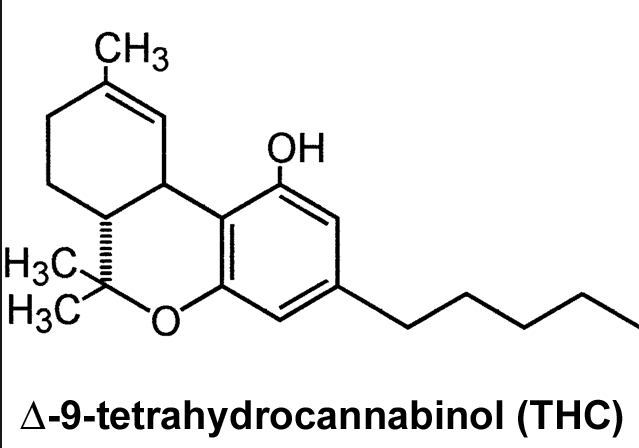
THC is bad, CBD is good.
Anti-cannabis groups continue to vilify THC while praising CBD, further contributing to the stigma that the former is a bad cannabinoid because it gets you high. Meanwhile, they claim that only CBD is the good cannabinoid since it doesn’t give you a buzz. Both cannabinoids have their own special medicinal properties, and a long list of illnesses that each may be more effective in treating however the thing with cannabinoid compounds is that they work best together, a process called the entourage effect. Studies have shown that both CBD and THC work synergistically and actually strengthen each other’s therapeutic properties.
CBD is legal across all states.
While manufacturers of CBD-infused hemp oil say its legal to market and sell their products anywhere in the United States, provided that the oil has less than 0.3% of THC, this isn’t true. According to federal law, US farmers are prohibited from growing hemp although selling industrial hemp which is imported and has a low THC content is permitted as long as these products don’t come from the flowers and leaves of the cannabis plant.
The reality is that CBD can’t be extracted from hempseed. It can only be derived from the plant’s leaves and flowers, and in some cases the hemp plant’s stalks. There are bills already proposed that intend to help ease up the law on industrial hemp cultivation yet only a few states permit hemp cultivation for research, commercial, or pilot programs.

Laws that protect CBD are good for medical cannabis patients.
While 15 state legislatures have CBD-only laws, while other states are expected to follow suit soon, this isn’t exactly beneficial for the entire patient population. In some states, CBD-rich products are restricted and they specify exactly which diseases CBD can help.
These laws permit the use of CBD-infused hemp or cannabis oil with less than 0.3% THC, however CBD products that have little to no THC may not be beneficial for everyone. In the medical community it’s common knowledge that CBD is effective in suppressing epilepsy and seizures but there are many cases of patients who have benefited more from using a little THC in their medications, as studies prove.
The best way to help medical cannabis patients is by providing them with easy access to the entire plant, so that each of the cannabinoids can work hand in hand to give them the treatment that they deserve. Again, vilifying THC does not benefit those who need cannabis as a medicine.

CBD hemp oil isn’t safe for children.
CBD hemp oil is perfectly safe for patients of all ages. There is still research that needs to be conducted although current research already says that CBD hemp oil is safe for children.
CBD oil and CBD-infused hemp oil is already widely used to treat a range of pediatric conditions, including epilepsy and seizures with no side effects. CBD is also safe for use of patients no matter what age they are since there are no psychoactive properties.
Share this article with anyone who you think can benefit from knowing more about CBD!
OTHER STORIES YOU MAY ENJOY...
CBD CANNABIS STRAINS FOR HEALTH, CLICK HERE.

